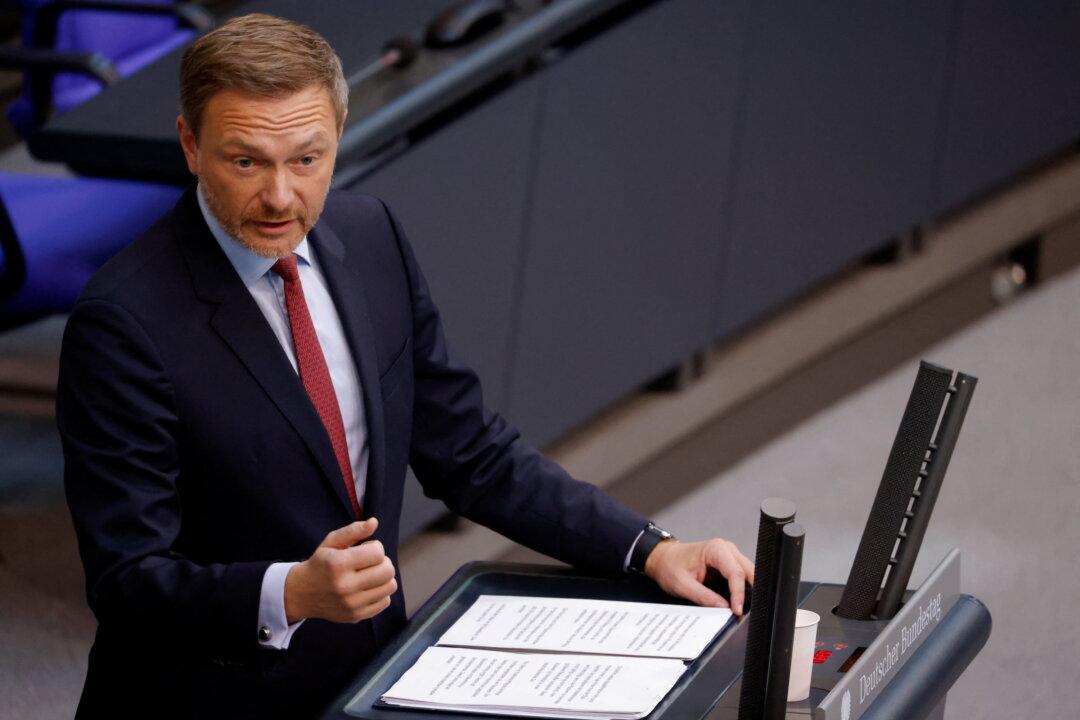Though Germany is moving “as fast as possible” to end its dependence on Russian energy supplies, such a move cannot be implemented soon, according to Christian Lindner, the country’s finance minister.
“We have to be patient,” Lindner said in an interview with the BBC. “We are willing to stop all energy imports from Russia, it’s just a matter of time.”





